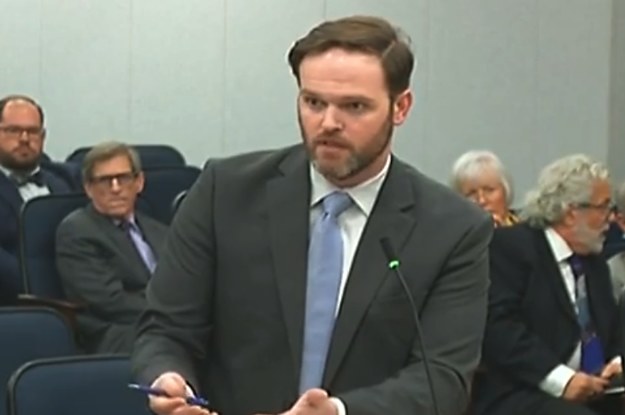A controversial bill in Florida that seeks to limit defamation lawsuits against the media has passed its first hurdle, advancing through a state legislative committee. The bill, sponsored by Republican Representative Spencer Roach, aims to change the state’s defamation laws by making it harder for individuals to sue media outlets for libel or slander. Supporters argue that the bill is necessary to protect freedom of speech and prevent frivolous lawsuits, while critics claim it will undermine the ability to hold the media accountable for false or harmful reporting.
During the committee hearing, several members expressed concerns about the bill’s potential impact on laws that prevent retaliatory or frivolous lawsuits. They worried that altering the requirements for attorney fee payment could undermine these laws, which are designed to prevent individuals from using legal action to silence critics. Some committee members, including Republicans, stated that they hoped amendments would be made to the bill before it is considered by the full House.
One specific area of concern highlighted during the hearing was a section of the bill that deals with defamatory allegations of discrimination against queer people. The current wording of the bill states that a defendant cannot prove the truth of their claim by citing the plaintiff’s scientific or constitutionally protected religious expression or beliefs. However, there was confusion over whether this meant defendants could not use such statements as their sole evidence. Advocates for LGBTQ rights argued that this lack of clarity could hinder the ability to call out discrimination.
Critics of the bill, such as John Harris Maurer, public policy director for the LGBTQ group Equality Florida, denounced it as sexist, racist, homophobic, and transphobic. They argued that it restricts people’s ability to call out sexism, racism, homophobia, and transphobia, making it politically motivated. These critics fear that the bill will undermine efforts to combat discrimination and silence marginalized voices.
The bill’s advancement through the committee comes amidst concerns about Florida Governor Ron DeSantis’ stance on press freedom. DeSantis, who is widely rumored to be preparing for a presidential run, has been vocal about his plans to roll back press freedoms. He recently hosted a roundtable on defamation with right-wing figures, which foreshadowed the legislation. This has raised suspicions that the bill is politically motivated and aimed at curbing critical reporting and public scrutiny.
Following the committee meeting, advocates for press freedom expressed disappointment that the bill had progressed but speculated that conservative media outlets, who could also be at risk from defamation claims, might pressure state Republicans to vote against it. The bill’s opponents argue that once unleashed, it could have unintended consequences and potentially harm those who initially supported it. They liken it to “weaponizing a virus or bacteria,” warning that it could come back to bite lawmakers in unforeseen ways.
In conclusion, a bill in Florida seeking to limit defamation lawsuits against the media has advanced through a legislative committee. Supporters argue that it protects freedom of speech, while critics claim it undermines accountability for false reporting. Concerns were raised about the bill’s potential impact on laws preventing retaliatory lawsuits and its lack of clarity regarding defamatory allegations of discrimination. Critics denounced the bill as politically motivated and warned of its potential to restrict the ability to call out discrimination. The bill’s progress comes amidst concerns about Governor Ron DeSantis’ stance on press freedom, raising suspicions about the motivations behind the legislation. Critics fear that once unleashed, the bill could have unintended consequences for those who supported it.









